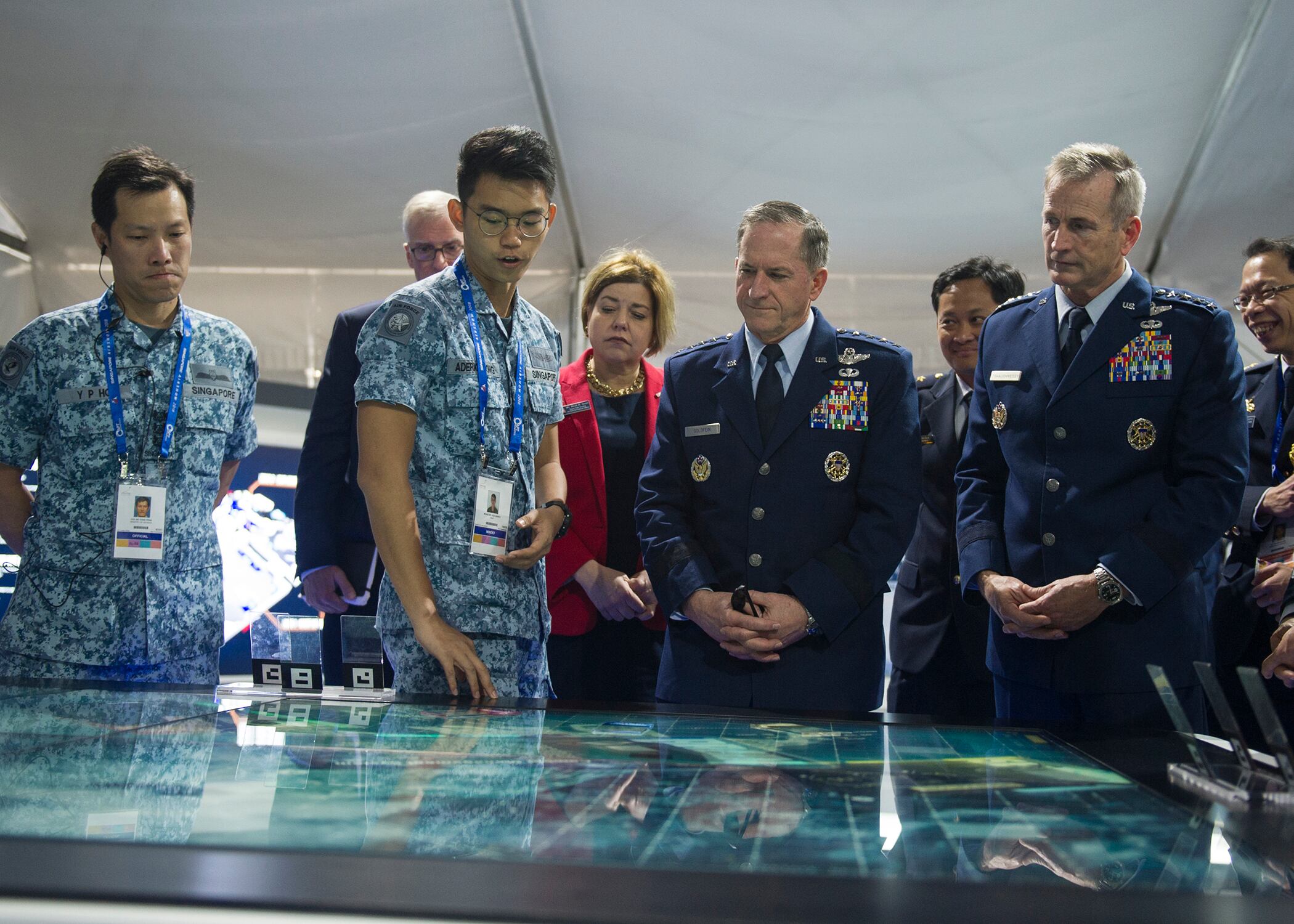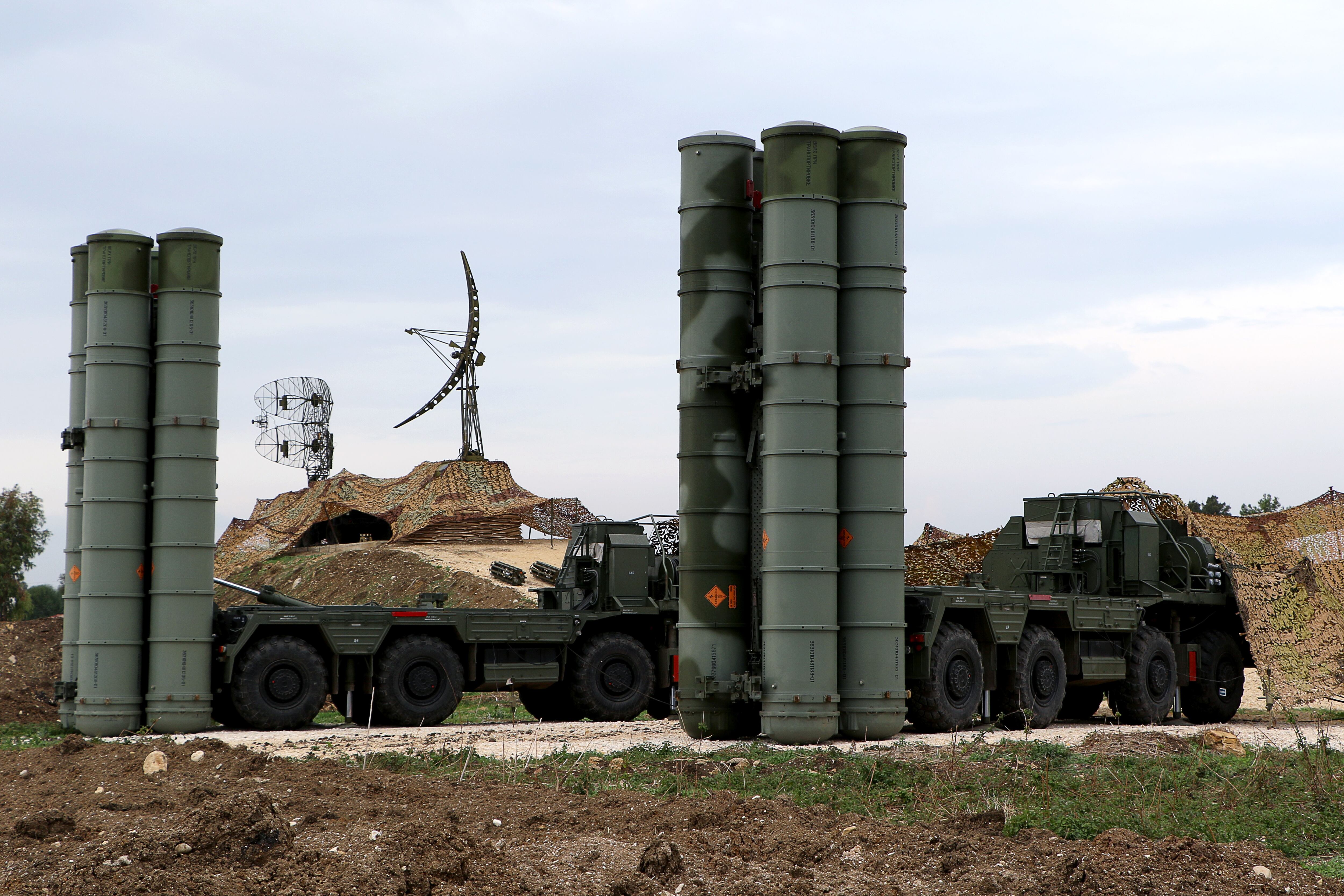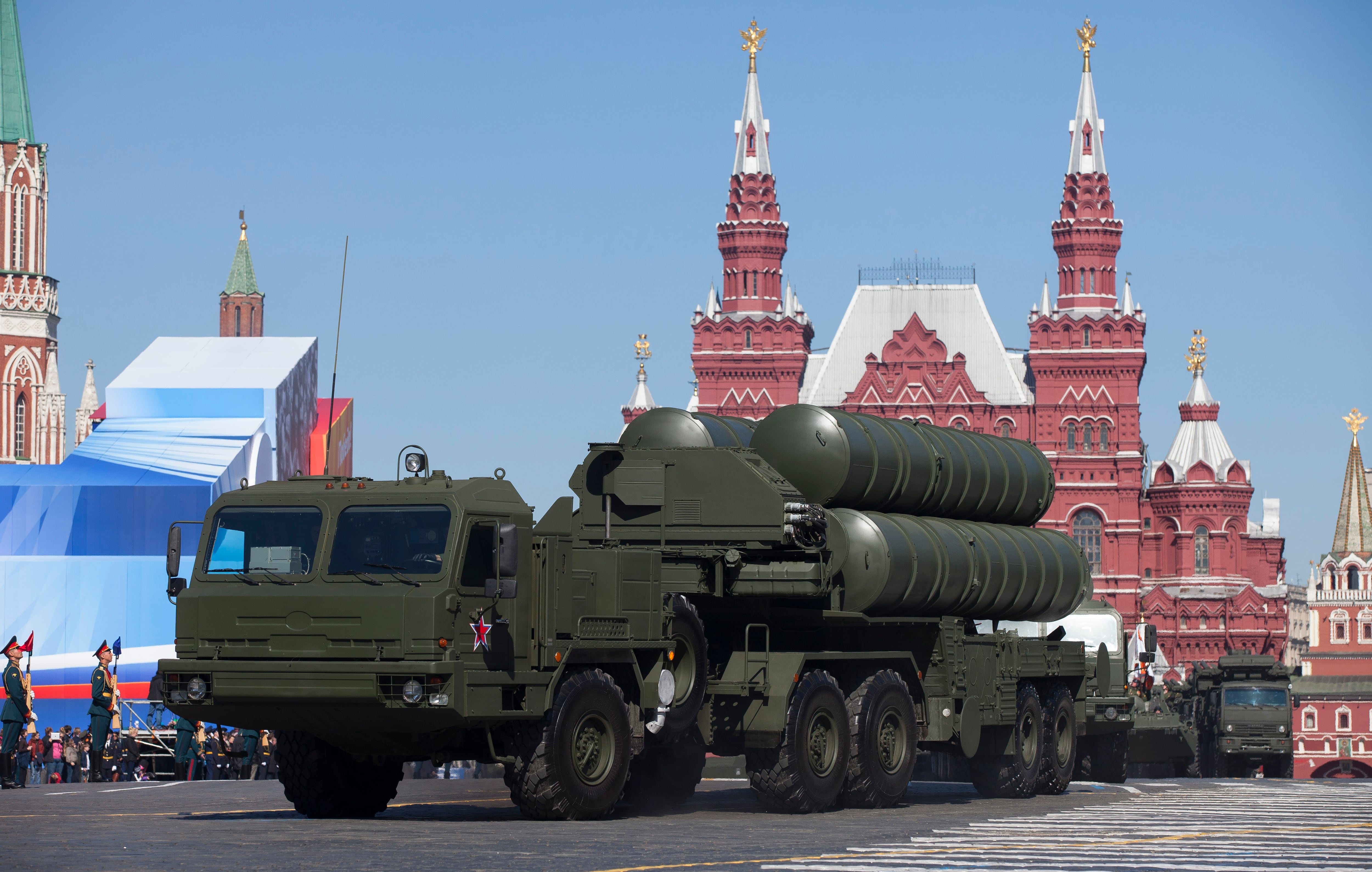WASHINGTON — A potential decision by the United States to remove Turkey from the F-35 program over its purchase of the Russian S-400 missile system may have only minimal impact on the fighter jet’s industrial base, a senior U.s. Air Force official said Tuesday.
President Donald Trump has yet to determine what steps the Defense Department may take if Turkey moves forward with the S-400 buy. However, Heidi Grant, the Air Force’s deputy undersecretary for international affairs, said Pentagon analysis shows there won’t be a catastrophe if Turkey is forced from the program.
“While it will have some impact on the F-35 program, I don’t think it’s going to be any type of devastating impact if … there’s a policy decision that they are no longer a partner,” Grant told reporters in a Dec. 4 roundtable interview just weeks before she puts a cap on a 16-year career with the Air Force.
RELATED

On Jan. 7, Grant will take over as head of the Defense Technology Security Administration, the Defense Department’s lead agency for ensuring that sales of weapon systems to foreign nations will not endanger U.S. technological advantages. As director of DTSA, Grant said she expects to play “an even more active role” on the question of whether to export the F-35 to Turkey.
Some lawmakers are concerned that — should Ankara move forward with its purchase of the S-400 — Russia could build back doors into the anti-aircraft system that allows it to glean classified information about NATO capabilities like the F-35.
In its most recent defense policy bill, Congress included language that prohibits Turkey from taking hold of its F-35s until the Pentagon delivered on Turkey’s role in the program and potential risks posed by a Turkish S-400.
RELATED

The unclassified summary of the report, obtained last week by Bloomberg, restated that Turkey may face expulsion from the F-35 program if the S-400 deal goes through.
That outcome could influence the U.S. government’s relationship with other partner nations that have also signed on to buy the S-400, such as India or Qatar.
Turkey is set to buy 100 Joint Strike Fighters over the course of the program, and its first F-35 pilots have already begun training alongside U.S. pilots at Luke Air Force Base, Arizona. Turkish companies play a key industrial role in the program as one of the producers of the center fuselage and the maker of the cockpit display.
Grant said she was unaware how long it would take to replace Turkey’s contributions to the F-35 program or what proposed solutions the Trump administration is offering to the country.
But she fears it may be too late at this point to persuade the Turkish government to abandon the S-400 deal.
“It is what it is at this point. If they’ve made up their mind already, they’re a sovereign nation — to buy another country’s system, we’re going to have to work through those policy issues,” she said. “But what I’d like to do when I get over there [to DTSA] is [figure out] how do we avoid even getting to that point and make sure that U.S. is the partner of choice.
"Did we do enough work up front to try to prevent it? I know a lot of work was done, but I think there's been a lot of learning from this on the risks of not being the partner of choice."
RELATED

Turkish officials have remained adamant that the country will buy the S-400. In October, Turkish Defence Minister Hulusi Akar expressed disappointment with U.S. and European air defense system offerings and said that Turkey may receive the S-400 as early as fall 2019.
Despite political friction between the United States and Turkey, the relationship between the countries’ militaries continues to be solid, Grant said.
“Like any country, we’re going to have what I consider policy ups and downs, leadership changes at the political level that can change a relationship. But as far as the mil-to-mil relationship right now, it remains strong. They’ve been an F-35 partner since 2002, and a significant industrial-base [partner].”
Valerie Insinna is Defense News' air warfare reporter. She previously worked the Navy/congressional beats for Defense Daily, which followed almost three years as a staff writer for National Defense Magazine. Prior to that, she worked as an editorial assistant for the Tokyo Shimbun’s Washington bureau.








